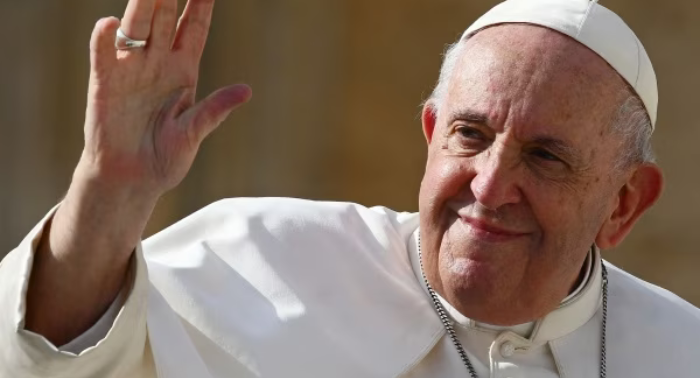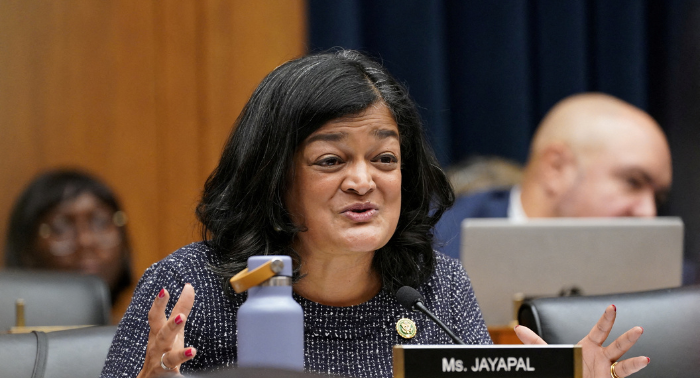Pope Francis’ recent decision to allow church blessings for same-sex couples has sparked a division within the global Catholic Church, with conservative bishops worldwide objecting to the move while some European countries, where such blessings have been conducted for years, are embracing it.
In response to the Pope’s decision, bishops in Malawi, Zambia, and the principal archdiocese of Kazakhstan have taken a stand against the practice. They have prohibited priests from offering blessings to same-sex couples, expressing concerns that the wording of the Pope’s declaration may imply church approval of same-sex relationships.
In Zambia, the bishops have declared their intention not to follow the Vatican guidelines, citing the need to avoid pastoral confusion, ambiguity, and compliance with national laws that prohibit same-sex unions and activities. They also mentioned respect for their cultural heritage, which does not accept same-sex relationships.
Pope Francis issued the guidelines on Monday, allowing for church blessings of gay couples while not endorsing same-sex marriages. This move has drawn criticism from conservative church leaders around the world.
In his Christmas message to Vatican officials on Thursday, the Pope did not reference the new policy but instead called for vigilance against rigid ideological positions that hinder progress and separate people from reality.
Contrastingly, Germany’s Catholic bishops had previously voted in March to adopt formal ceremonies for blessing same-sex relationships. Bishop Georg Bätzing, who leads the German bishops’ conference, expressed gratitude for the new guidelines, emphasizing that the blessings should be spontaneous and not part of an official liturgy.
In the United States, the U.S. Conference of Catholic Bishops clarified that the Pope’s document does not alter the church’s doctrine, which defines marriage as the union of one man and one woman and excludes same-sex unions.
Opinions within the U.S. Catholic Church vary, with Cardinal Blase Cupich of Chicago welcoming the declaration as a means to help more individuals in their community feel God’s compassion and closeness.
However, some Catholic leaders are cautioning that the Pope’s decision may further divide the church. They point to the stark disagreements over this issue in the Anglican Communion, where conservative Anglican churches have separated from sister churches supporting liberal teachings and views on homosexuality. This divide has been observed in Africa, where a significant portion of the world’s Anglicans worship, and has led to schisms within the Anglican Communion, including the Episcopal Church in the United States. Additionally, a group of leading Anglican archbishops, primarily from the global South, has called for a break with the Church of England following its decision to allow blessings of gay relationships.




